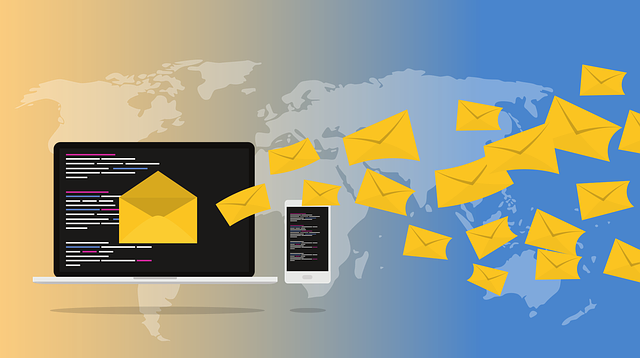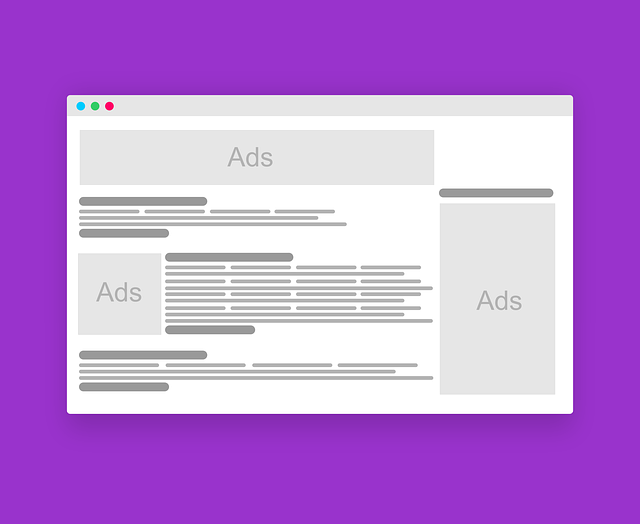AI-guided home valuation apps are transforming real estate through AI tokenization risk analysis engines. These tools, powered by machine learning, create detailed digital profiles of properties by analyzing architectural style, renovations, and neighborhood amenities. By processing complex data points, they identify patterns and correlations that human appraisers might miss, significantly speeding up valuations while enhancing reliability and minimizing errors. Integrating AI tokenization risk analysis engines increases security, ensures compliance with privacy regulations, and builds user trust in the process.
“The real estate industry is undergoing a quiet revolution with the integration of AI-guided home valuation tools in mobile apps. This technology promises to streamline the assessment process, offering faster and more accurate evaluations. However, ensuring the security and reliability of these systems is paramount.
In this article, we explore the intricate relationship between AI tokenization and risk analysis engines, shedding light on how they collectively enhance transparency and precision in real estate transactions while mitigating potential risks.”
- Understanding AI-Guided Home Valuation: The Role of Tokenization in Mobile App Assessment
- How AI Risk Analysis Engines Enhance Transparency and Accuracy in Real Estate Transactions
- Navigating the Tokenization Process: Mitigating Risks for Secure AI Implementation in Home Valuation Apps
Understanding AI-Guided Home Valuation: The Role of Tokenization in Mobile App Assessment

AI-guided home valuation is transforming the real estate industry by providing faster and more accurate assessments. At the heart of this technology lies AI tokenization, a process that analyzes vast amounts of data to create comprehensive digital profiles of properties. This method goes beyond traditional factors like square footage and location by considering various aspects such as architectural style, recent renovations, and even neighborhood amenities.
Tokenization risk analysis engines leverage machine learning algorithms to process complex data sets, ensuring accurate valuations. By breaking down a property’s unique features into tokens—or digital representations—these engines can identify patterns and correlations that human appraisers might miss. This not only speeds up the valuation process but also enhances its reliability, reducing potential biases and errors associated with manual assessment methods.
How AI Risk Analysis Engines Enhance Transparency and Accuracy in Real Estate Transactions

AI Risk Analysis Engines are transforming real estate transactions by bringing unprecedented transparency and accuracy to the forefront. These advanced tools utilize AI tokenization, a process that breaks down complex data points into manageable tokens, enabling a deeper understanding of various risk factors associated with property valuation. By analyzing vast historical datasets, these engines can predict market trends, identify potential hazards, and provide unbiased assessments, ensuring both buyers and sellers make informed decisions.
The integration of AI in home valuation offers several advantages. It minimizes human error, as algorithms process data without bias, providing consistent results. This increased accuracy leads to fairer transactions and reduces the risk of disputes. Moreover, these engines offer a level of transparency that was previously inaccessible, allowing all parties involved to have a clear view of the factors influencing the property’s value.
Navigating the Tokenization Process: Mitigating Risks for Secure AI Implementation in Home Valuation Apps

Navigating the tokenization process is a critical step in ensuring secure implementation of AI-guided home valuation apps. AI tokenization involves breaking down sensitive data, such as property details and historical sales information, into encrypted tokens before feeding it into machine learning models. This technique safeguards personal and financial data from potential breaches or unauthorized access. By employing robust tokenization risk analysis engines, developers can identify and mitigate vulnerabilities at each stage of the process.
These engines perform in-depth assessments to uncover potential weaknesses in token generation, storage, and transmission. They implement measures like encryption protocols, secure key management systems, and access control mechanisms to fortify data protection. Regular AI tokenization risk analyses not only enhance the security posture of home valuation apps but also comply with privacy regulations, fostering user trust and confidence.
AI-guided home valuation apps, powered by advanced tokenization and risk analysis engines, are transforming the real estate industry. By leveraging these technologies, mobile homes can be assessed with unprecedented accuracy and transparency, streamlining transactions and ensuring a secure future for both buyers and sellers. As we continue to navigate the complexities of AI implementation, a thoughtful approach to tokenization and robust risk management will be key in unlocking the full potential of this innovative tool.
